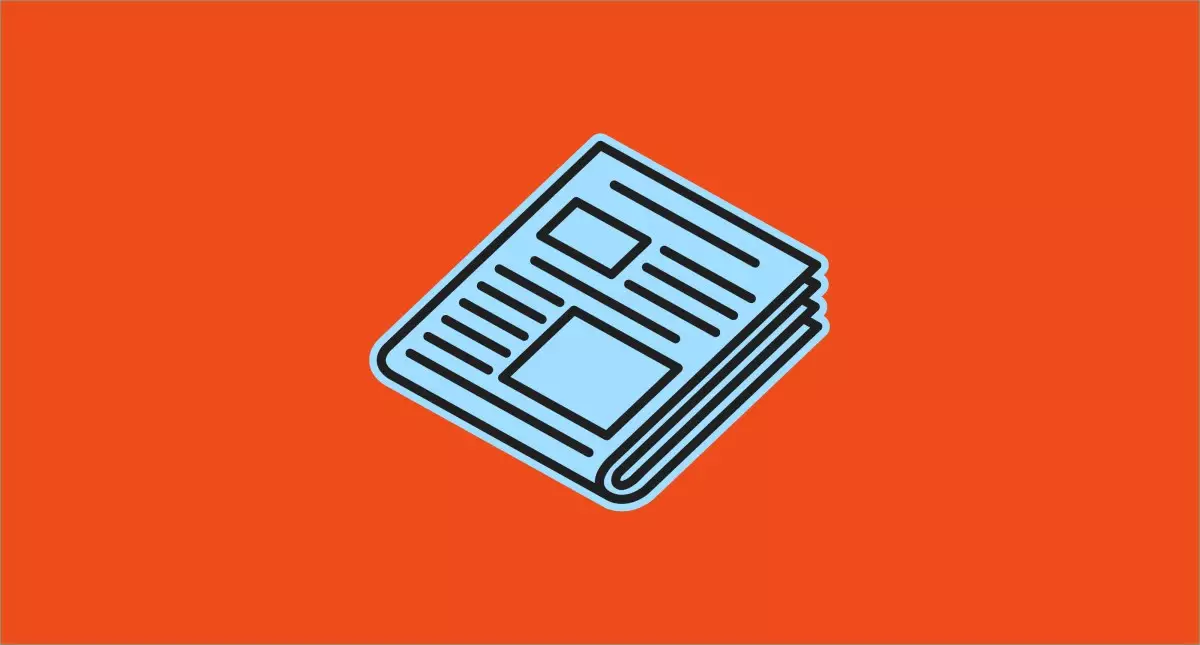In a significant move, a coalition of Canadian media organizations has initiated legal action against OpenAI, the creator of ChatGPT. This lawsuit sheds light on pressing concerns regarding intellectual property rights and the ethical boundaries of utilizing digital content in the age of artificial intelligence. The companies involved, including prominent names like the Toronto Star and the Canadian Broadcasting Corporation, seek to challenge OpenAI’s methods of training its advanced language model.
The crux of the lawsuit hinges on allegations that OpenAI illicitly utilized articles and other content sourced from the websites of these media companies without obtaining proper permissions. The plaintiffs assert that the data used for training the ChatGPT model represents a considerable investment of time, money, and labor by journalists and media teams. They argue that instead of acquiring this information legally, OpenAI has elected to “misappropriate” their intellectual property for its commercial gain, thereby raising serious ethical and legal questions.
The ramifications of this lawsuit extend beyond the immediate parties involved. It echoes a growing sentiment among content creators and media organizations that their work is being exploited by large tech firms without sufficient compensation or acknowledgment. This is not an isolated incident; OpenAI is already confronting similar lawsuits from various prominent entities, including The New York Times and different content creators, underscoring a more extensive industry concern surrounding copyright infringement and the responsibilities of AI companies.
In response, representatives from OpenAI have contended that their practices abide by principles of fair use, arguing that their AI models are trained using publicly available data. They emphasize that their intention is to enrich user experience and creativity rather than undermine existing media frameworks. Furthermore, OpenAI claims to have established licensing agreements with various publishers, reinforcing their argument that they provide support to the media industry despite the ongoing disputes. However, the media companies involved in the current lawsuit assert that they have not received any form of compensation for the utilization of their content.
As this legal battle unfolds, it prompts important discussions about the future of collaboration between AI technologies and traditional media outlets. As both sectors strive for innovation, there must be a balanced approach that honors the intellectual property rights of content creators while allowing technology to progress. The outcome of this lawsuit may serve as a pivotal moment that establishes new standards for ethical practices in the digital landscape.
The legal maneuvers between Canadian news media and OpenAI highlight a critical intersection of technology, law, and ethics. As the AI sector continues to expand, the need for clear regulations surrounding the use of copyrighted material has never been more pressing. The resolution of this case could have lasting implications for how AI systems operate concerning content created by human authors, reflecting the delicate interplay between innovation and rights protection in our increasingly digital world.

